That is one of the issues of interest when the National Assembly discussed and contributed opinions to the documents submitted to the 14th National Party Congress.
Delegate Nguyen Duy Minh (Deputy Head of the National Assembly Delegation of Da Nang City) said that the draft document submitted to the 14th National Party Congress clearly demonstrated the comprehensive and modern innovation mindset, especially the addition and development of systems of viewpoints on the country's development model towards rapid, sustainable, inclusive growth, based on science, technology and innovation.
The delegate noted that for the first time, environmental protection issues in the document were placed on par with socio- economic development, becoming a central task.

National Assembly Delegate Nguyen Duy Minh (Photo: Hong Phong).
“That is a very important theoretical development, showing that the Party not only cares about the economic growth rate but also emphasizes the quality and sustainability of development,” Mr. Minh commented.
According to him, sustainable development does not slow down growth, but is a condition for growth to be maintained stably, long-term, and responsibly towards the people and nature.
This draft Political Report also continues to affirm the need to perceive and handle major relationships harmoniously and effectively, and the content of the Da Nang City delegate's comments also relates to the relationship between economic growth and sustainable development.
Over the past 40 years, Mr. Minh said that the country has achieved many great achievements such as economic growth rate among the highest in the world, people's lives have improved, and economic scale has continuously expanded.
However, reality shows that if growth does not go hand in hand with sustainability, the achievements can be negated by environmental and social consequences. “In recent days, with the storms and floods, the hydropower industry is a typical example of the relationship between growth and sustainable development,” said Mr. Minh.
The delegate cited statistics that the country has about 400 hydropower plants with a capacity of more than 23,000 MW, accounting for about 26% to 28% of the national electricity output and emphasized that hydropower is making an important contribution to growth, contributing greatly to GDP as well as budget revenue.
“Large hydropower plants such as Son La, Lai Chau, and Hoa Binh contribute more than VND20,000 billion to the budget. This resource contributes to infrastructure development, job creation, poverty reduction in mountainous provinces, and strengthening national energy security,” said Mr. Minh.
However, he said that in the development process, the negative side of unsustainable growth has been clearly revealed, hundreds of hydroelectric projects have changed natural flows, caused erosion, sedimentation of reservoirs, loss of upstream forests, and biodiversity loss.

The area around the Japanese Covered Bridge in Hoi An was recently submerged in floodwater (Photo: Hoai Son).
When releasing floodwaters, many factories cause flooding, damage crops, seriously affecting the lives, property and livelihoods of people in downstream areas. Many resettlement areas do not have stable livelihoods, deforestation and increase natural disasters, flash floods.
“These environmental and social costs are not included in GDP, but in fact they have eroded the benefits of growth. This lesson shows that growth without taking into account ecological limits and social equity cannot be sustainable,” said delegate Nguyen Duy Minh.
To realize this goal, delegates from Da Nang City proposed many solutions and gave suggestions on short-term and long-term roadmaps for energy conversion and sustainable development in the coming period.
Firstly, in the short term, it is necessary to continue to improve the institutional framework for hydropower operation processes in a transparent and responsible manner, requiring public disclosure of flood discharge data, early warning for downstream areas, ensuring minimum ecological flows and allocating a portion of revenue to forest restoration, compensation for damage, and livelihood development for people in downstream areas.
In the long term, according to Mr. Minh, it is necessary to pay attention to energy conversion, gradually reduce the proportion of traditional hydropower, strongly develop wind power, solar power, pumped energy, gas power and biomass energy and invest in smart grid infrastructure, build energy storage systems to ensure stable supply and minimize risks caused by natural disasters and droughts.
Next, it is necessary to build a green finance mechanism, a just transition, apply carbon taxes, green credits, clean energy bonds and mobilize the participation of the private sector to invest in clean technology. At the same time, provide vocational training for workers in the affected areas, ensuring fairness and inclusion.
Finally, the delegate emphasized the need to promote the state's creative role in managing through the rule of law, data and accountability, while promoting the participation of society, businesses and people in the national energy transition process.
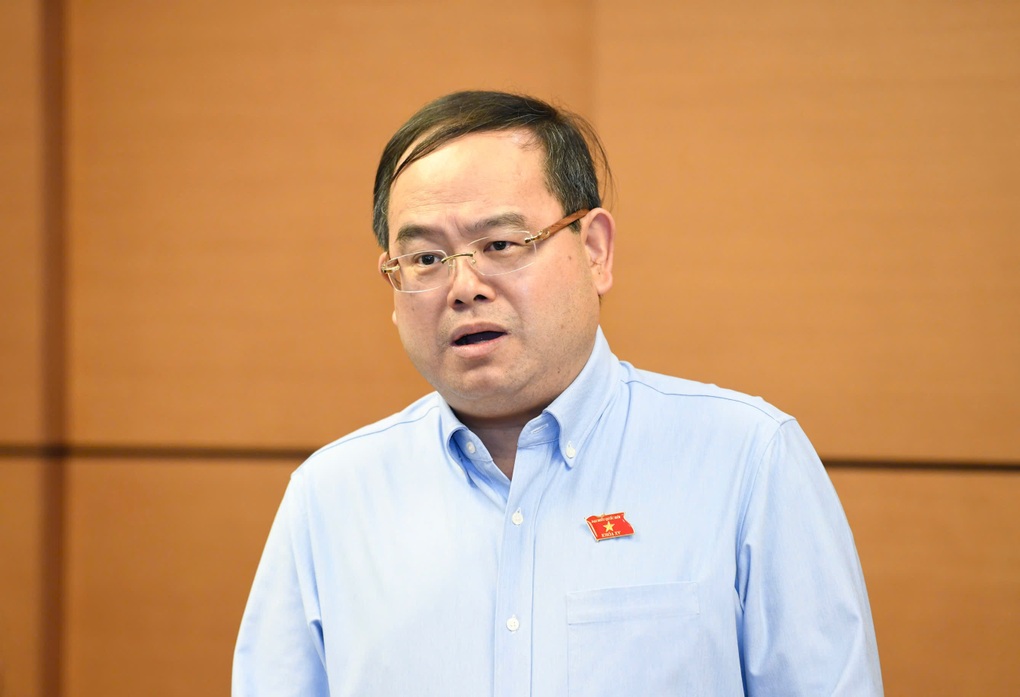
National Assembly Delegate Quan Minh Cuong, Secretary of Cao Bang Provincial Party Committee (Photo: Minh Chau).
National Assembly Delegate Quan Minh Cuong (Secretary of Cao Bang Provincial Party Committee) also agreed that energy is an important issue in the coming years and according to him, this is also a difficult problem.
With a double-digit growth target, Mr. Cuong estimates that in the next 10 years, electricity will double.
“The Party and the State have had very bold and drastic policies. We are building nuclear power, but to build nuclear power quickly, it takes 10 years to complete a plant, each plant is only about 4,000 MW, although it is big, it is still not enough to meet the demand,” said the Cao Bang Secretary.
Source: https://dantri.com.vn/thoi-su/tang-truong-khong-ben-vung-thanh-qua-co-the-bi-triet-tieu-20251110144731395.htm












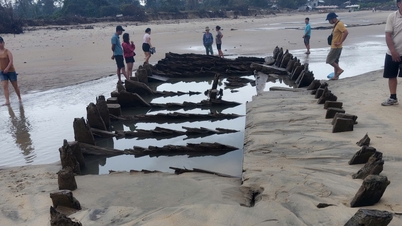

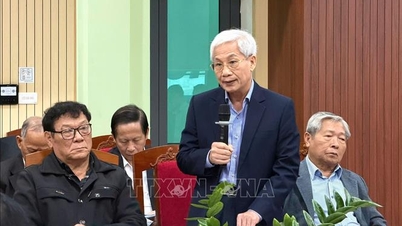



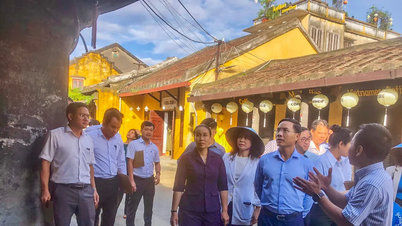

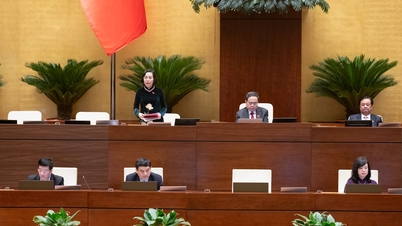

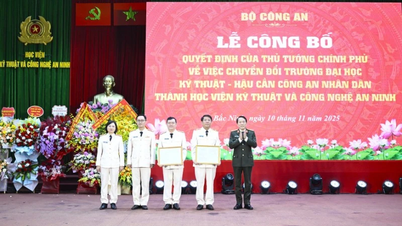


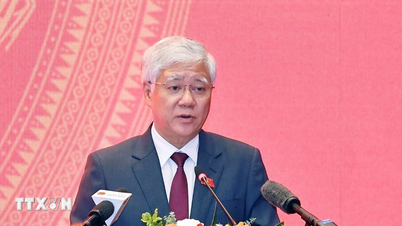
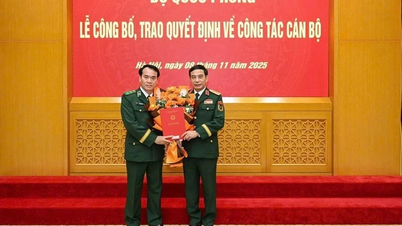
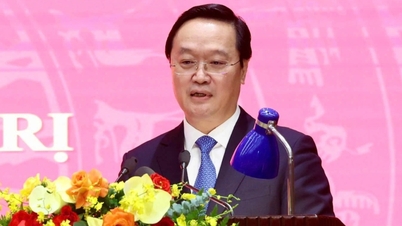








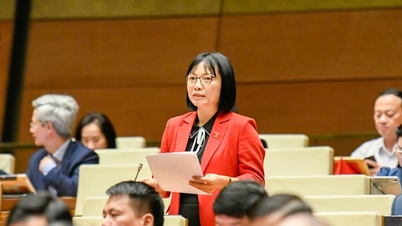
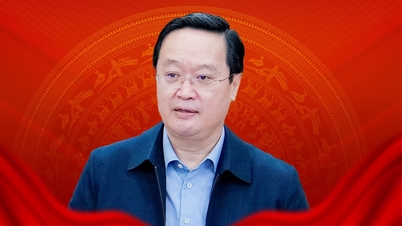









































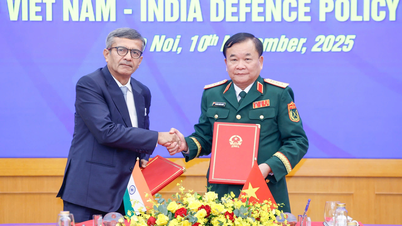
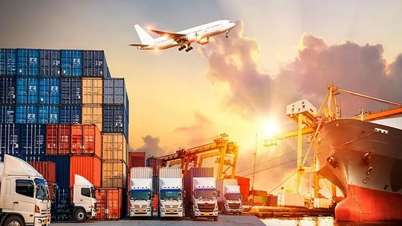








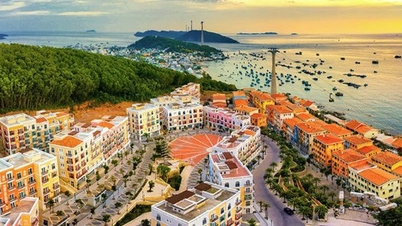

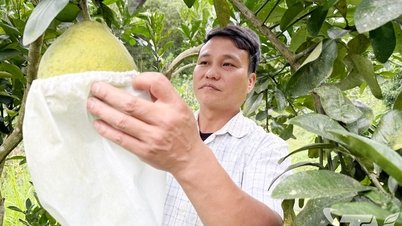


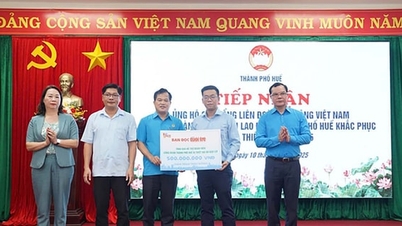

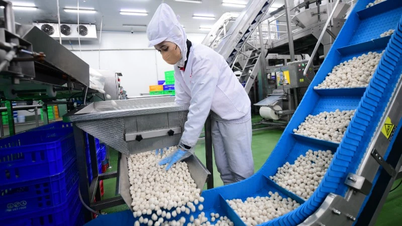



![Dong Nai OCOP transition: [Article 3] Linking tourism with OCOP product consumption](https://vphoto.vietnam.vn/thumb/402x226/vietnam/resource/IMAGE/2025/11/10/1762739199309_1324-2740-7_n-162543_981.jpeg)









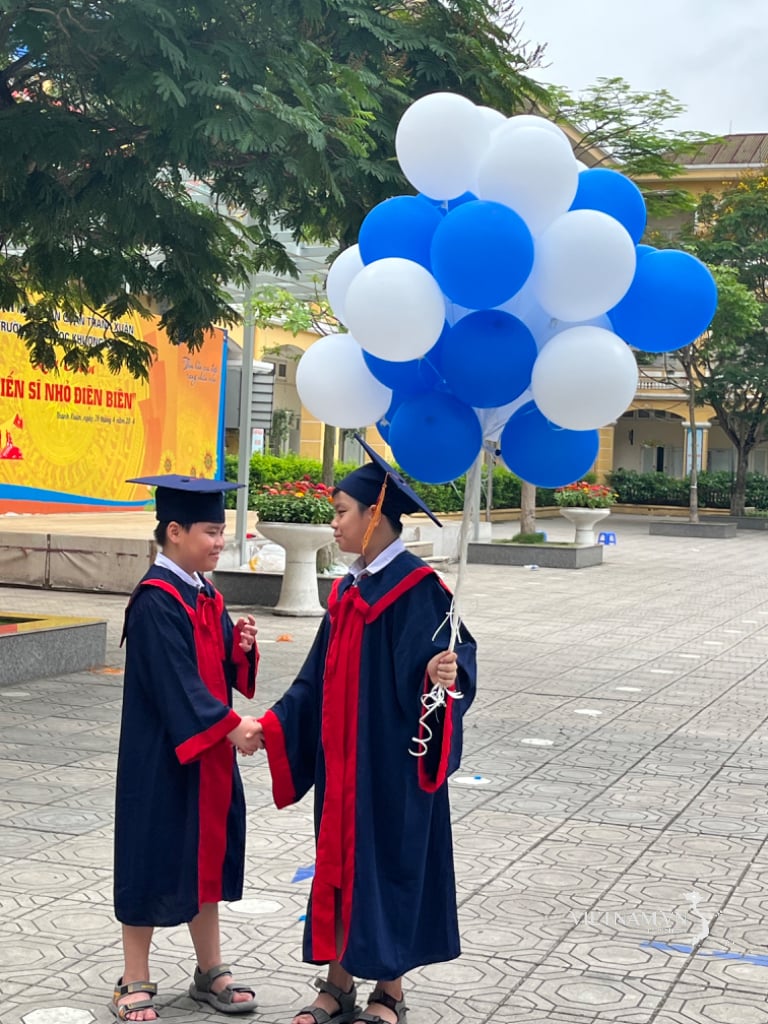

Comment (0)